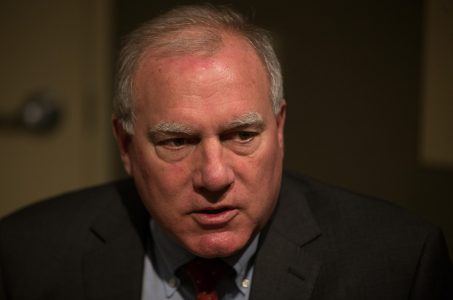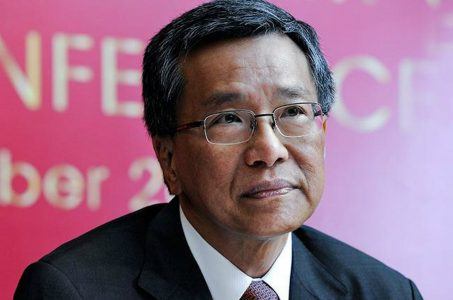Caesars Japan Bets On Big Stars and Showbiz To Win Japanese Hearts, Minds, and Casino License
Posted on: June 25, 2018, 05:30h.
Last updated on: June 27, 2018, 11:39h.
Caesars President of Entertainment Jason Gastwirth has hinted that his company’s approach to wooing the impending Japanese casino market will center on bringing big stars to the stage to drive traffic, just as it has successfully done in Las Vegas for decades.

The Japanese public has consistently been against the introduction of integrated resorts – by a ratio of around 2:1, according to polls going back several years.
But the coalition-controlled upper house is expected to get the close the deal, opening up a highly sought after casino sector that is likely to become the second-biggest in the world, behind Macau.
The Japanese upper house has until July 22 to pass its Integrated Resorts Implementation Bill, after the ruling coalition secured an extension to the current legislative session. The bill was approved in the lower house last week, despite fierce resistance from opposition parties.
Sorry, Did We Say Casino?
Gastwirth, who returned from meetings in Japan last week, believes that the Las Vegas-style celebrity residency system could be the key to winning Japanese hearts and minds and creating a “true destination resort.”
For many Japanese, integrated resorts mean “casino,” conjuring up images of the social problems that have been generated by the growth of the pachinko market over the past few decades. Many are still unaware of the family-oriented non-gaming amenities that will dominate the resorts.
Gastwirth confirmed in an interview with Asian Gaming Review this week that he had initiated discussions with Japanese talent and celebrity agencies with an eye towards establishing residencies at a future performance theater at a Caesars integrated resort in Japan.
“Our pitch to the market has been that we are entertainment first,” he said, adding that “entertainment is the leading driver of trips to Las Vegas.”
Caesars Shtick
Caesars model involves “A-list” performers — currently the likes of Mariah Carey, Jennifer Lopez, and Gwen Stefani — playing theaters with capacities of around 4,000 to 5,000 several times a week, which allows for more intimate shows.
Caesars, known as Harrahs at the time, chose not to bid on one of six gaming concessions in Macau when its gaming monopoly ended in 2002. Then, in 2006, it turned down the chance to buy Wynn Resorts’ sub-license, thereby missing out on a slice of the world’s biggest casino market.
It was a catastrophic decision. While Macau sustained its competitors through the financial meltdown of 2008, Caesars struggled with billions in debt on their balance sheets and a poorly performing domestic casino market.
The company is determined not to make the same mistake twice. But with only a smattering of licenses up for grabs, and competing international operators willing to spend billions to secure a foothold in the market, it needs to convince prospective Japanese partners that its particular approach to showbiz is the only one that matters.
















No comments yet